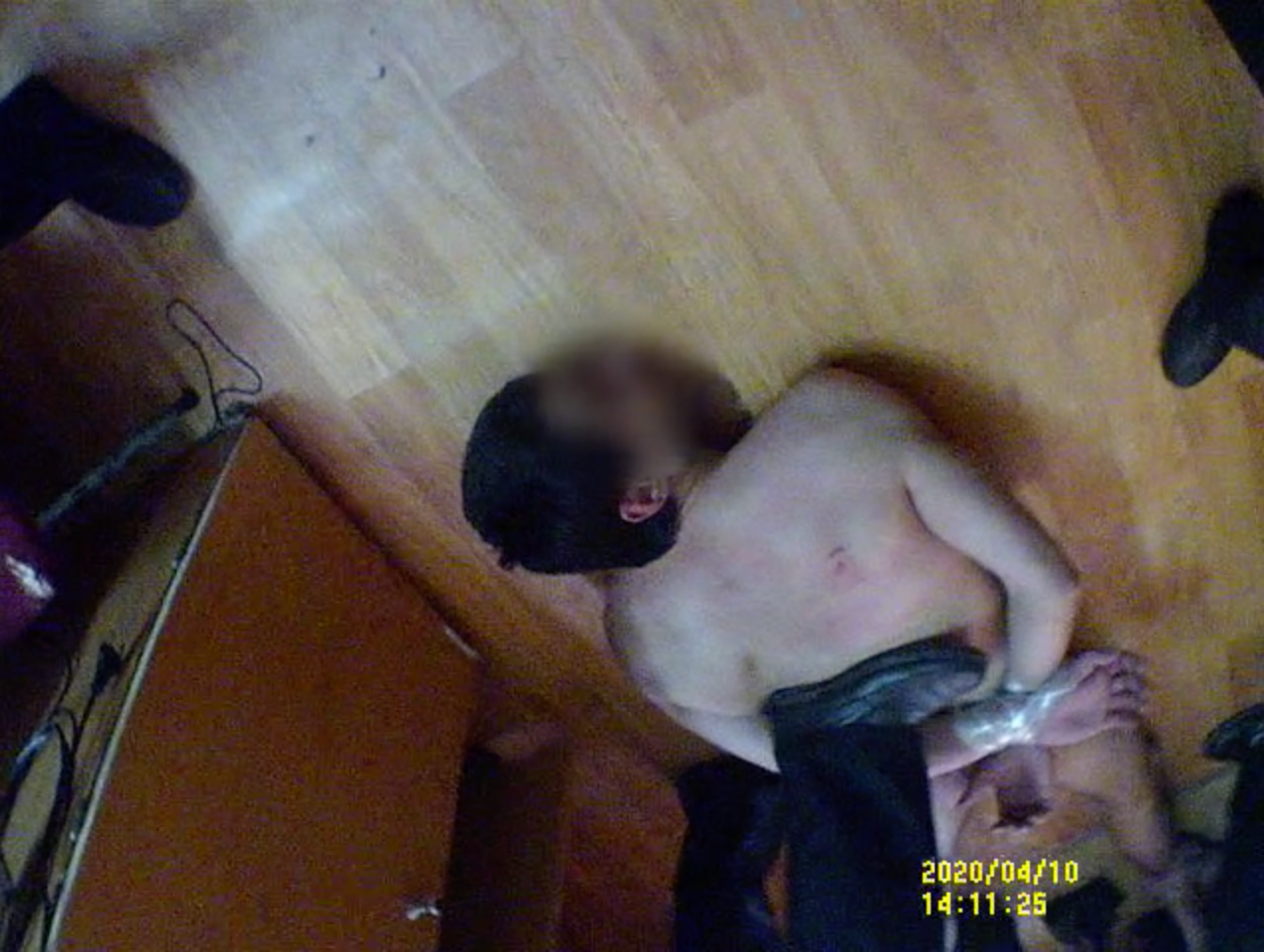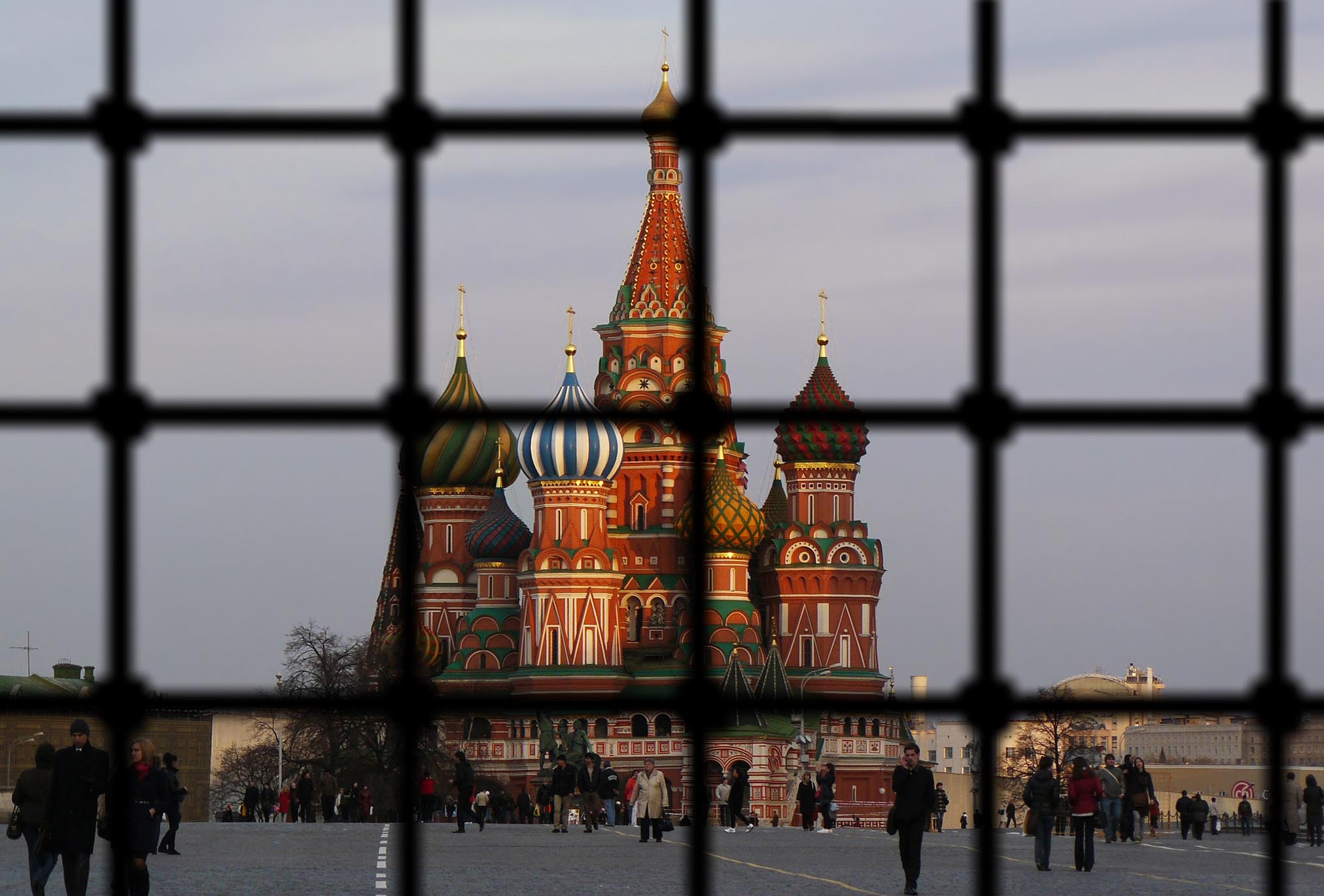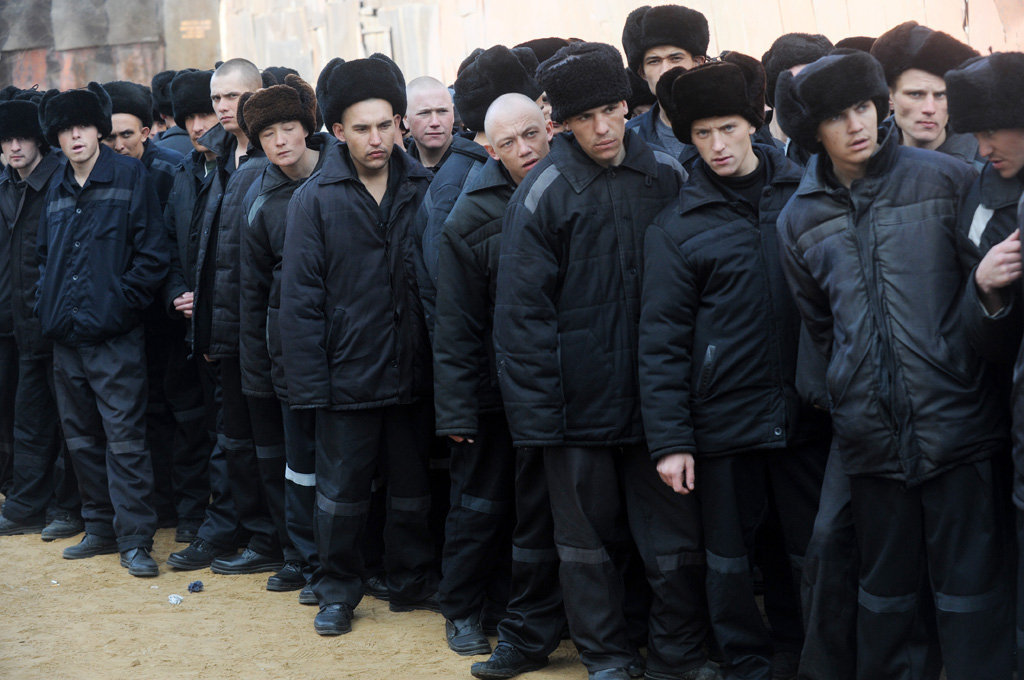Prisons and even their reputation for brutality are an important support for the Putin regime because Russians do not want to risk falling into them and thus are more willing to go along with what the regime wants. But for that threat to work, it must be implicit rather than explicit lest it provoke protests.
That is what makes the films of rape and torture in Russian prisons so dangerous for the Kremlin and has forced the Putin regime to plot a careful course between punishing those responsible and maintaining the utility of prisons and even their reputation for brutality as a political resource for the government.
Abbas Gallyamov, a former Putin speechwriter and now a frequent political commentator, argues that “the main sensation of the last few days has been the adequate reaction of the authorities to this scandal.” There have been checks, retirements, and even criminal cases. We haven’t seen anything like this for a long time.”
The reasons for this are not far to seek, Gallyamov says. Above all, officials have been forced to react in an unaccustomed way because there is video evidence. “Not simply words, but pictures, and as any propagandist will tell you a picture is a hundred times more influential than words.”

When people only hear about something, they may ignore what their ears tell them. But “when they see something, they believe.” And had the regime not responded the way that it has – and it remains to be seen just how far it will go in continuing to act as it has so far – it would have lost what credibility it had with the Russian people.
And the fact that this scandal involved the prison system only added to the pressure on the powers that be. Prisons are at the core of the Putin system, and people respond to it as they do at least in part because of the fear that they may land in jail. They fear that more than they fear any talk of mass repressions.
Read More:
- GULAGU.Net exposes systemic torture and rape of prisoners in Russia; regime responds with investigations and denial of service attack on portal
- “After they electrocuted me, I told them everything they needed.” How Russia’s FSB extracted a “confession” from a Crimean Tatar
- “Hell. Despair. The feeling of absurdity.” Ukrainian journalist jailed in occupied Crimea describes FSB torture in harrowing letters
- Pregnant, tortured, seriously ill: the women devoured by concentration camp of Russian-occupied Donbas
- Torture and imprisonment is the price of freedom of speech in Russia-occupied Crimea
- Like KGB in Soviet times, FSB ‘curators’ assuming expanded role in Russian academia
- Supreme power of Putin’s FSB. Part 1: how the Soviet KGB became Russia’s FSB
- Supreme power of Putin’s FSB. Part 2: commercialization and criminalization, from “Bandit St. Petersburg” onward
- GULAG was not something far away in Siberia: it was all around, even in Moscow
- FSB tortures detainees in occupied Crimea as law enforcement goes Soviet-style, UN report confirms
- Key figure in Boeing MH17 shootdown identified as deputy head of Russia’s FSB Border Service
- The language issue, high-profile killings, social cleavages: ex-SBU general on how Russian FSB plans to destabilize Ukraine





